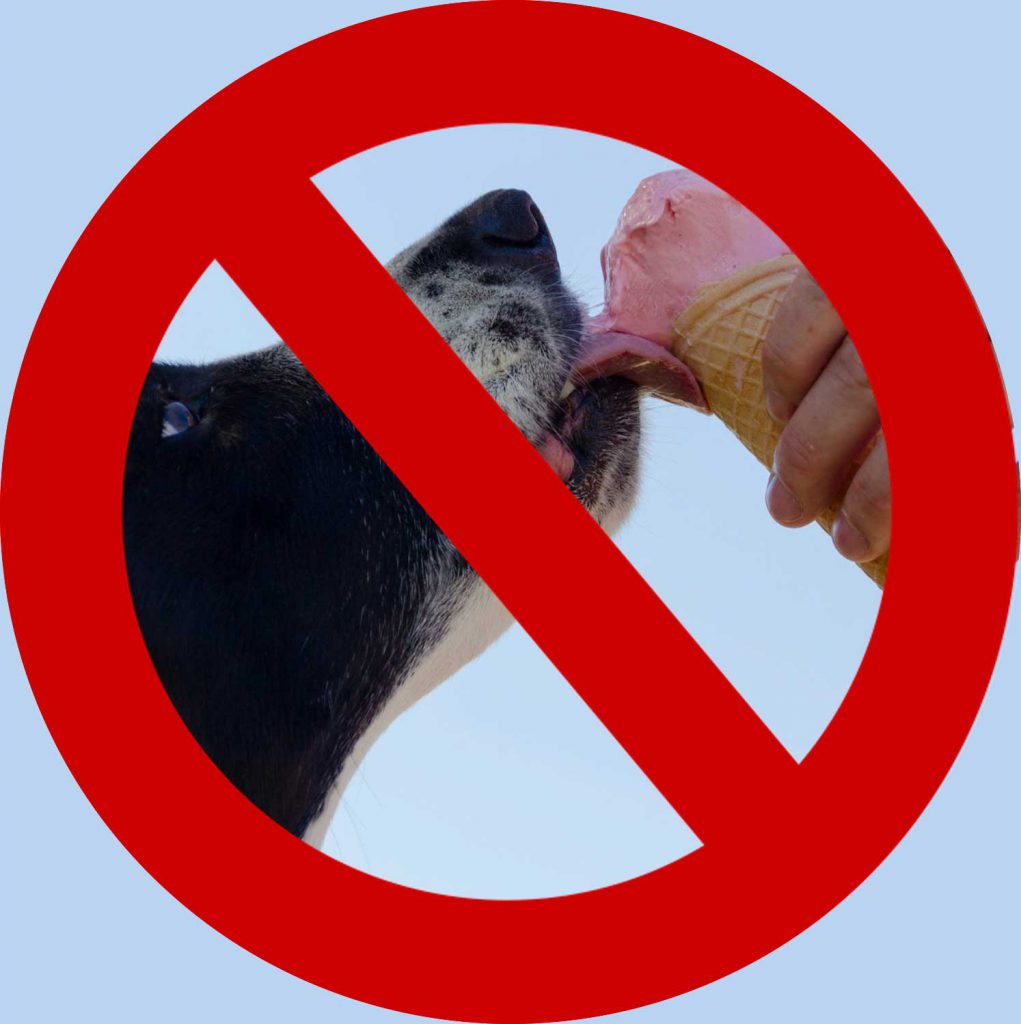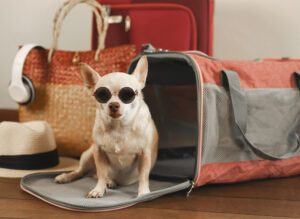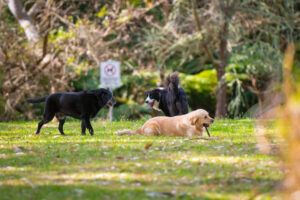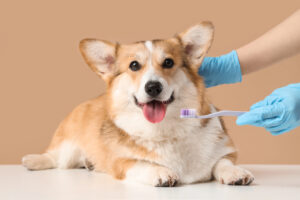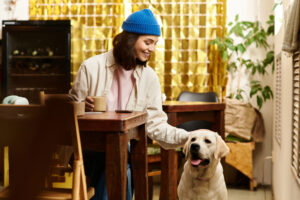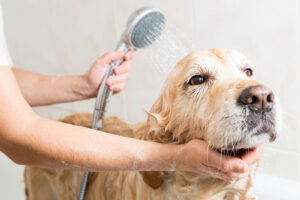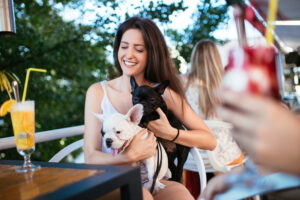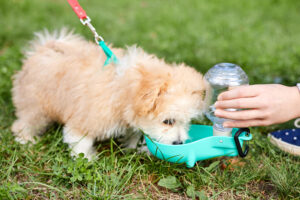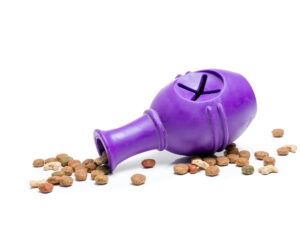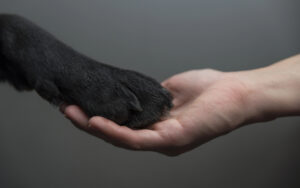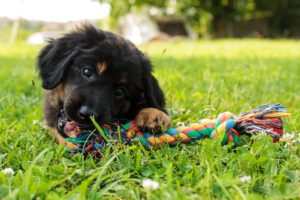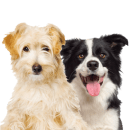Feeding table scraps to dogs and cats may seem like a cost-effective, efficient, waste-free solution to managing leftovers. Most pets salivate at the idea to eat the food they watch their humans enjoy at the table. The various textures and flavors are appealing even to the most finicky of furry friends.
Despite the well-meaning nature of giving scraps to pets, many human foods are not meant for animals. Some can cause stomach discomfort, loose stools or vomiting. Others may even be fatal if eaten in large quantities. Following are some human foods that should never be given to dogs or cats.
Bones
Dogs love to chew bones, but not all bones are good for them. Chicken bones may splinter when swallowed. This may lead to internal damage. Likewise, small bones

or pieces from bones can get lodged in a dog’s throat. Even if bones are larger, they should be completely clean and free from uncooked or undercooked meat. Just like people, dogs are susceptible to salmonella and E. coli.
Chocolate
It is well known that chocolate can cause major health problems in animals. Even a small amount of chocolate can cause vomiting and diarrhea, which can then lead to serious dehydration. Large amounts of chocolate may cause seizures and eventual death.
Eggs
Eggs themselves rarely cause problems with animals as long as they are properly cooked. Uncooked eggs present the same problems as uncooked meat. They may contain dangerous bacteria that is only present when eaten raw.
Garlic and Onions
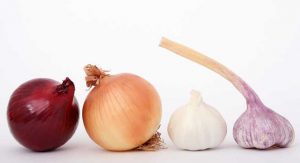
Both dogs and cats should avoid garlic, onions and chives. However, cats are most likely to have problems resulting from consuming these foods. The most severe cases of onion-related poisoning end in damage to red blood cells.
Grapes
Dogs and cats who consume grapes, raisins or grape juice may suffer from kidney failure. This can happen with even small amounts of the fruit. Any contact must be avoided.
Macadamia Nuts
Dogs are particularly prone to having problems with macadamia nuts. Dogs may become weak, suffer from tremors and eventually begin vomiting. High quantities of macadamia nuts can also lead to hypothermia in canines.
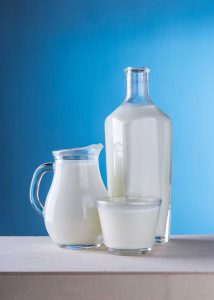
Milk
Cats love milk, but milk doesn’t always love them. Dogs and cats alike often have difficulty digesting cow’s milk. They may suffer from upset stomach and diarrhea if they are allowed milk or other dairy items.
Raw Dough
There are numerous dangers with raw dough. Dough with uncooked eggs expose animals for risk of salmonella. Dough made with yeast can expand inside of an animal’s stomach, which can cause severe, life threatening internal injuries. Make sure any uncooked dough stays firmly out of reach.
Salt
Foods that are overly salted can cause major problems for all pets. Chips and pretzels are often to blame for severe dehydration or sodium poisoning. Even small amounts of salt can cause vomiting, diarrhea and shakiness. Dogs and cats that are allowed large amounts of salt can have a fatal reaction.
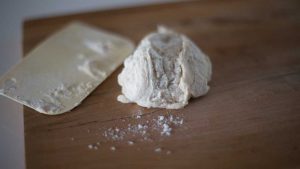
Xylitol
The artificial sweetener xylitol is found in some candies, drinks, gums, diet foods and even non-food items like mouthwash and toothpaste. Xylitol can cause seizures, vomiting and liver failure in both dogs and cats.
The best way to avoid toxic consumption of human food is to develop healthy habits from the outset. Do not feed dogs or cats from the table. Let them know from the outset that their food and your food do not mix. Do not get into the habit of giving them human food as special rewards. As long as they are trained to stay away from human food, it should be easy to keep them safe and sound.



